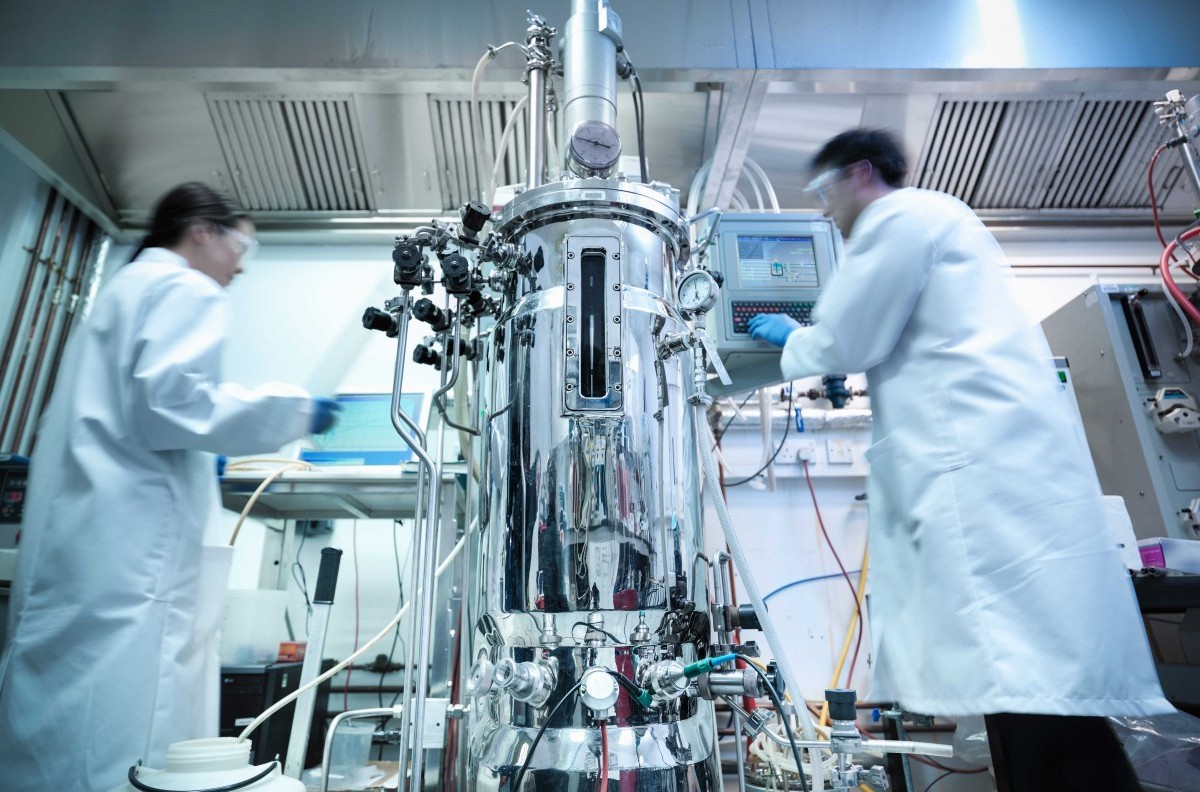News
07-02-2018
EU report on value chain, key players & constraints of bio-aromatics
Biorizon's Joop Groen and Ludo Diels have contributed to a report on biobased aromatics that was written in the context of the KETs Observatory initiative of the European Commission. The report highlights the value chain structure, key players and constraints for the domain of biobased aromatics.
Furthermore, it addresses the key strengths and potential of EU regions, as well as promising business opportunities and key risks and challenges. Finally, the report elaborates on specific policy recommendations with both immediate focus and longer-term orientation.
Biorizon: one of Europe’s Key Enabling Technologies (KETs) Technology Centres
Shared Research Center Biorizon is one of Europe’s Key Enabling Technologies (KETs) Technology Centres. KETs are a group of technologies that have a wide range of product applications and a huge potential to fuel economic growth and provide jobs. They provide the basis for innovation in a wide range of industries and societal challenges.
The European Union is bringing together knowledge institutes and industry to pool its knowledge and abilities to bring the KETs to the next level. To succeed this programme should be a collaboration between European industry and European RTOs. In the field of bio-aromatics Biorizon plays an important role.
The report: value chain, key players & constraints of bio-aromatics
An executive summary of the report:
“The biobased economy is steadily gaining ground as an alternative to fossil-based economy and represents a fundamental economic change with a far-reaching impact on current social and economic models. Biobased aromatics – being a substantial component of the biobased economy – have the potential to replace the fossil-based chemical building blocks, creating opportunities for better performing molecules and new materials with increased safety and environmental characteristics. Bio-based aromatics are also expected to address grand societal challenges related to the mitigation of climate change by considerably reducing CO2 emissions.
Despite many benefits bio-aromatics bring, the European value chain is still at the R&D stage. Different constraints were identified. First of all, there is a value chain gap in the product development phase. This is caused by the lack of separation and conversion facilities that are reported to be expensive and risky to establish at the moment. Moreover, the facilities – crucial for experiments – are limited to few European regions and are not easily accessible to most of the SMEs. Secondly, there is a need for value chain optimisation with integration of manufacturing and supply chains as well as efficient cooperation between relevant stakeholders. Finally, sufficient feedstock needs to be ensured, coming from within and outside the EU at competitive prices.
European regions have the potential to successfully commercialise bio-based aromatics in the next decades. On the global arena, Europe stands out as a region with strong R&D environment, possessing know-how in the field of biotechnologies and extensive pool of required skills. The degree of success, however, will depend on how the EU overcomes number of challenges such as low technology readiness level, supply and investments in the biobased aromatics. Additionally, there is a need to identify the most potential biobased molecules for Europe and to ensure a systematic approach towards feedstock. The development of the biobased aromatics will bring various opportunities to the EU, including development in rural areas and expansion of green chemicals market in Europe.
To conclude, the development and uptake of biobased aromatics can be enhanced through long-term cooperation between European regions, enabling knowledge and technology, as well as the financial costs and risks to be shared among the different stakeholders. It further requires a campaign that will increase awareness, highlighting the positive impact on the advantages bio-based aromatics bring along. In the long run, there is a need to optimise the use of biomass for biobased aromatics, as well as, the need for financial incentives to promote the investments in the production of biobased chemical building blocks. Technology development for industrial use needs to be further stimulated. Moreover, new funds for the piloting of use-cases in bio-aromatics are needed, substantially reducing the financial risks and creating future outlook for the companies that wish to invest in the biobased aromatics.”
The full report can be accessed here.







